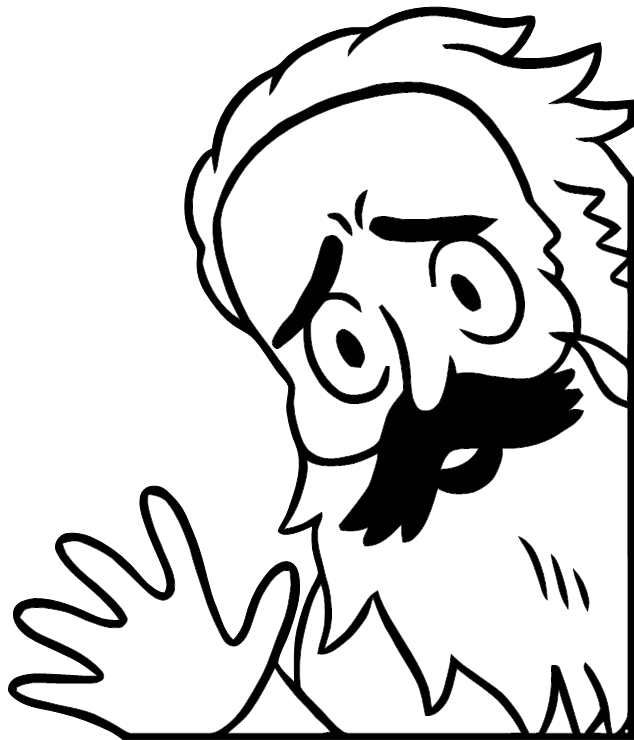Finally finished the third volume of Capital. Not going to lie, it was a challenge and quite a journey, but well worth it. Rip to the many, many highlighters that gave their lives for this endeavor.
 AMA!
AMA!
Finally finished the third volume of Capital. Not going to lie, it was a challenge and quite a journey, but well worth it. Rip to the many, many highlighters that gave their lives for this endeavor.
 AMA!
AMA!
What level of preparation do you think someone should have before reading these volumes? Any good prerequisites?
I have a friend who told me last year he was going to read them all because he studied economics and was interested in that aspect. I wasn’t sure that was really a good idea as their first exposure. But I did not study economics.
ive read it
most of it is REALLY dry and boring economic stuff
so id say pace yourself and dont be ashamed to skim a little over the super indepth parts about specific economic shit. marx actually makes a few mathematical errors himself in those parts anyways (it doesnt alter his arguments) but if you arent studying it academically then just getting the main concepts is good enough (it was for me)
I agree with most of this, but not that it’s mostly dry and boring. It’s difficult at times, and complex, but also passionate and funny. Mostly I felt like I was finally understanding things that had been in front of my face my whole life without me really seeing them, and that was what was compelling enough to keep me going
But yeah I skimmed the less relevant stuff. I’m sure the critiques of Adam Smith are devastating but maybe I’ll come back to them some other time
fair enough
what i found impressive is how you see all that, the extent of which the marxist critique of capitalism is explored in those three volumes and then you realize he really did manage to compress it down and simplify the ideas pretty fucking well in the manifesto
It is pretty impressive. I don’t think everyone will want or need to see exactly how he reached his conclusions, but it’s a staggering achievement
I’d say that they teach you how to read them in terms of content. Vol 1 prepares you for Vol 2 and so on. I don’t have an economics background at all, but I do have a background in literary theory, and it is helpful to have personal strategies for parsing dense texts. Personally I highlight and annotate to force myself to slow down and parse the text and think about what the key points being made are
deleted by creator
There’s a lot in there. Marx’ brain was filled to the brim. He’s not like a modern academic with one specialty. A background in economics might prepare you for the economics parts. But it’s a critique of political economy and he’s a great storyteller so there are loads of literary references and historical parts.
These aspects might be lost on a ‘mathematical economist’. The book will challenge a lot of what an economist thinks they know; that presents it’s own difficulties of cognitive dissonance.
A background in literature or history will prepare someone well for those broader narrative elements but perhaps not the equations. (I’m not a mathematician but Marx holds your hand through the equations so I understood his argument and my maths ability has shot up to the extent that I can now read and understand other economic and political economic texts.)
A background in liberal theory made Capital a fairly straightforward work for me. I started with some chapters in Part Eight on Primitive Accumulation. These are really juicy. Then I read the chapter on the working day. Equally juicy. Then I wanted/needed to know how it all fit together and how someone could have such insights. That’s when I started from the beginning (including the prefaces, etc) and read to the back cover.
David Harvey talks of teaching Capital as an elective to CUNY students from all different disciplines. He was surprised to find how differently it was read by people with different expertise. The literature/creative writing students got loads out of Marx’ metaphors of vampires, for example.
I guess what I’m saying is that there’s something in there for everyone. Really it’s a text for the whole family.
One thing that a reader will need to get accustomed to is the historical materialist method. As it sees everything as interconnected, historical materialists can sometimes flood you with information that doesn’t seem to be connected. It’s necessary because himat is a ‘many-sided’ approach.
You don’t always see how all the sides connect together until the end of a chapter/book. It’s frustrating at first but some writers are better at building the connections as they go and, in any event, you get used to it and then wonder why everyone doesn’t do it this way. For this reason, I’d suggest reading the ‘Eighteenth Brumaire’ first. Because it’s shorter and will demonstrate the himat structure.
Otherwise, Capital was written for the working class to get stuck into. It’s far more accessible and interesting than many people think. I honestly couldn’t put it down. Give it a go, you and your friend, and discuss your different perspectives and what stands out to each of you.
There’s a massive Gothic strain especially in the first Volume which is fascinating, and there’s a body of critical work analyzing it as well